Curious about late-night snacking? Dive into 10 facts to help you decide what's best for your body. Read on for insights!
We Indians, we love our khaana, isn't it? And sometimes, that craving hits hard
late at night. But then that nagging question pops up: "Is this late-night snacking actually bad for me?" Well, the answer isn't a simple "yes" or "no." It's more like a "it depends.
" Let's dig into 10 facts, so you can decide what's best for your body.
It's Not Just When You Eat, But What You Eat, Yaar!
The biggest problem with late-night eating usually isn't the time itself. Think about it. If you are munching on chips, sweets or something very heavy, then you may feel a little discomfort soon. The type of food you are feeding your body also matters a lot.
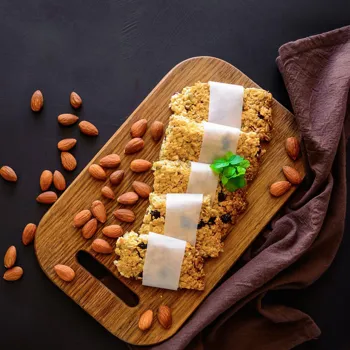
So, instead of blaming the clock, think of what you're actually eating. Choose wisely.
Your Body's Clocks Don't Always Agree
Your body has its own rhythms, like a built-in clock called your circadian rhythm. This governs your sleep-wake cycle, hormone release, and even your digestion! Eating late can confuse this system, making it harder for your body to function optimally.
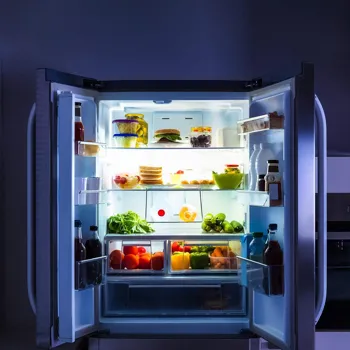
These body clocks can be adjusted, but still eating the right food at the right time also matters. A little bit of fruits or something light is recommended in case you wake up at night with hunger.
Digestion Slows Down When You Sleep (Sort Of)
Okay, so your digestion doesn't completely shut down when you are sleeping. But it does slow down. This means your body has to work harder to process that late-night meal while you're trying to get some shut-eye. This is when you might experience many problems like indigestion or discomfort.
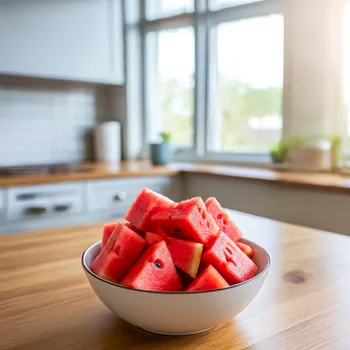
A discomfort can interrupt sound sleep. In the long run, this results in stress or other more serious health issues.
Calorie Control Still Matters the Most
No matter when you eat them, calories are calories. If you are eating more calories than you can burn up over the long run, then your body stores it. Now, you might think that these calories become extra fat. So, the important thing is to think of your daily intake.

When you take your overall intakes into consideration, the timing doesn’t really matter.
Midnight Cravings Can Be Sneaky
Ever noticed how those late-night cravings usually aren’t for broccoli? Yup, they are often for processed foods. They have lots of sugar also. They are deliberately made unhealthy so that people continue to want more.
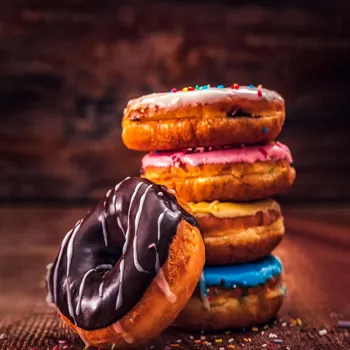
These snacks are often high in calories, unhealthy fats, and sugar, which can lead to weight gain and other health problems. Instead of succumbing to those naughty cravings, try drinking something.
Reflux and Heartburn – Not a Fun Party!
Eating close to bedtime can worsen acid reflux and heartburn in some people. So if you are like that, keep an earlier time for your dinner. When you lie down, it's easier for stomach acid to flow back into your esophagus. This causes that burning sensation, in your chest. Nobody likes that!
Sleep Quality Can Take a Hit
A heavy late-night meal can disrupt your sleep. You might find it harder to fall asleep or stay asleep. Poor sleep, as we all know, can affect your focus, mood, and overall health. So you should eat at the time you feel is best for your body and mental health.
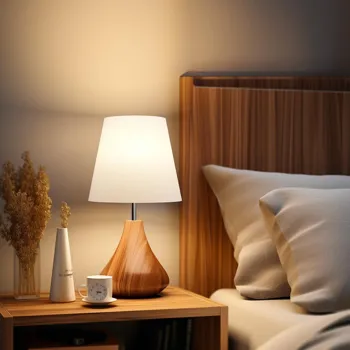
Maintaining sleep in today's day and age is a blessing. People are willing to pay anything for good sleep.
But... It's Okay Sometimes!
Don't start feeling guilty about that one late-night snack a week. Eating late isn't the end of the world! If you had a late workout or just missed your dinner, a small, healthy snack is perfectly fine. It's all about balance and listening to your body.

Just don't make it a nightly habit of eating junk foods.
Listen to Your Body's Signals
Are you truly hungry, or just bored, stressed, or emotional? Before reaching for that late-night snack, pause and ask yourself why you're really eating. Sometimes, a glass of water, a cup of herbal tea, or a relaxing activity can do the trick. Try understanding your body.

That's exactly what yoga does. Yoga makes you feel good.
Everyone Is Different
What works for your friend may not work for you! Some people can eat right before bed and sleep like a baby. Others experience digestive problems and restless nights. Pay attention to how your body reacts to late-night eating, and adjust your habits accordingly.

Your body is very unique, so start figuring out what works for you.
So, there you have it! Eating late at night isn't inherently "bad," but it's something to be mindful of. Focus on healthy choices, listen to your body, and maintain a balanced lifestyle.
And if you're still worried, consult a doctor or registered dietitian for personalized advice. Happy snacking (responsibly)!
AI Generated Content. Glance/InMobi shall have no liability for the content




















